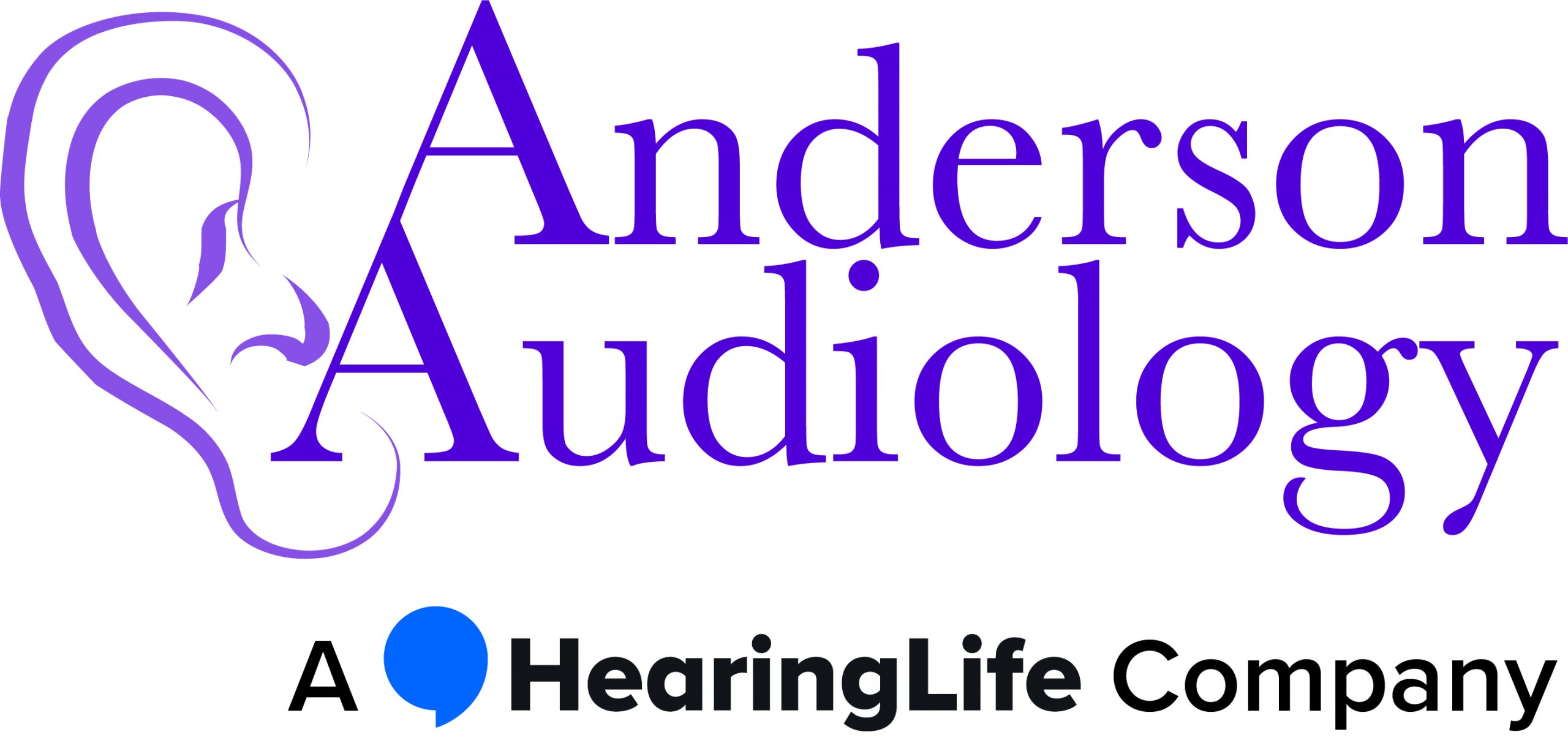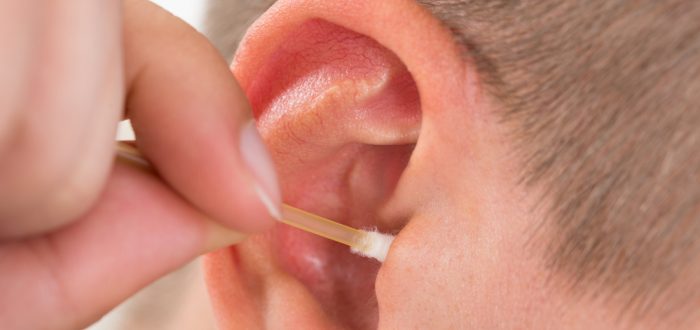Earwax! We all have it – and it plays an incredibly important role in our auditory health! But what happens when our bodies produce too much, or we don’t know how to properly clean our ears and keep them healthy? There are several variables that impact how much earwax we produce, and some of them are within our control, while others are not. Aging and hearing device use are two of the top reasons for extra earwax buildup, and those we just don’t have control over. But using cotton swabs, or attempting to remove buildup without the proper tools can damage your hearing and inner ear.
Hearing loss due to earwax is just one of the many issues that can pop up, and knowing the best way to break up that buildup and keep your ears clean and healthy can help protect your hearing levels as you age.
Earwax Buildup – Risks, Damage, and Hearing Loss
Some people are just prone to excessive earwax buildup. Excessive buildup doesn’t automatically mean a blockage is in your future, but it increases the risk for potential issues. Using swabs or other in home means of extraction can push debris further into the ear canal, causing issues at a later time.
A few symptoms that sufferers of too much earwax buildup can include:
- Tinnitus – A constant or intermittent ringing or buzzing in the ears. The sounds you may experience can include buzzing, humming, or hissing.
- Earache – Pain, impaired hearing, other discomfort or pressures are all symptoms of an earache. Earaches are more common in children, but with earwax buildup, it can cause blockages that cause varying levels of discomfort.
- Hearing loss – Partial or full hearing loss in one or both ears can happen if earwax buildup is not appropriately addressed. If you’ve recently attempted to clean earwax from your ear canal, and are now experiencing hearing loss, it’s best to consult your auditory specialist or a medical professional.
The buildup of earwax can cause infection, which can lead to fever, dizziness, pain, and even long-term hearing loss. It’s important to seek out medical care if you feel you may have an infection due to an ear canal blockage or excessive buildup of debris and earwax.
Clearing an Earwax Buildup or Blockage
In order to stay on top of excess buildup, some auditory specialists advise using softening agents to help break up accumulations for easier removal. By softening the buildup, you may be able to use at-home processes to help flush out your ear. It’s important to only use methods safe for your ears, as oral tools like water picks can damage your inner ear and perpetuate further damage or injury.
If you’re experiencing inflammation or infection, it is always best to seek out professional medical assistance, as you may be in need of antibiotics or a more intensive procedure to help extract any buildup you may be living with.
For individuals who may live with issues attributed to an overproduction of earwax, yearly suction, irrigation, or extraction may be necessary to keep your ear canal and inner ear healthy.
As always, if you have questions about your hearing or the health of your ear or ear canals, it’s best to speak to a medical professional. Earwax plays an important role by protecting our inner ear and lubricating them. Hasty removal can be just as harmful as an excess buildup. Speak with your hearing healthcare specialist to ensure your earwax is doing its job, and to be proactive if you feel a buildup is causing more harm than good!
If you’d like to discuss this further, please get in touch with the team at Anderson Audiology. To book an appointment, call us on 702-997-2964. Alternatively, click here to request an appointment online.

